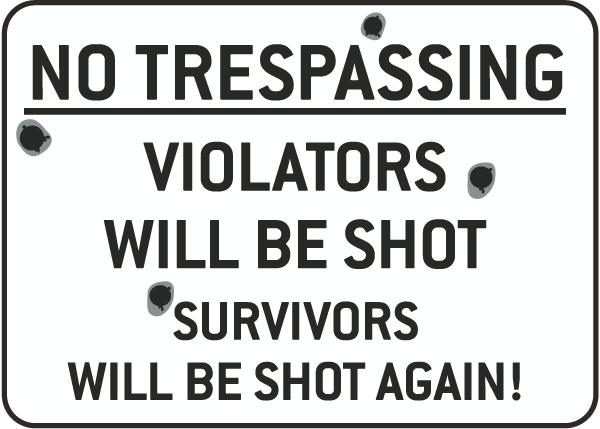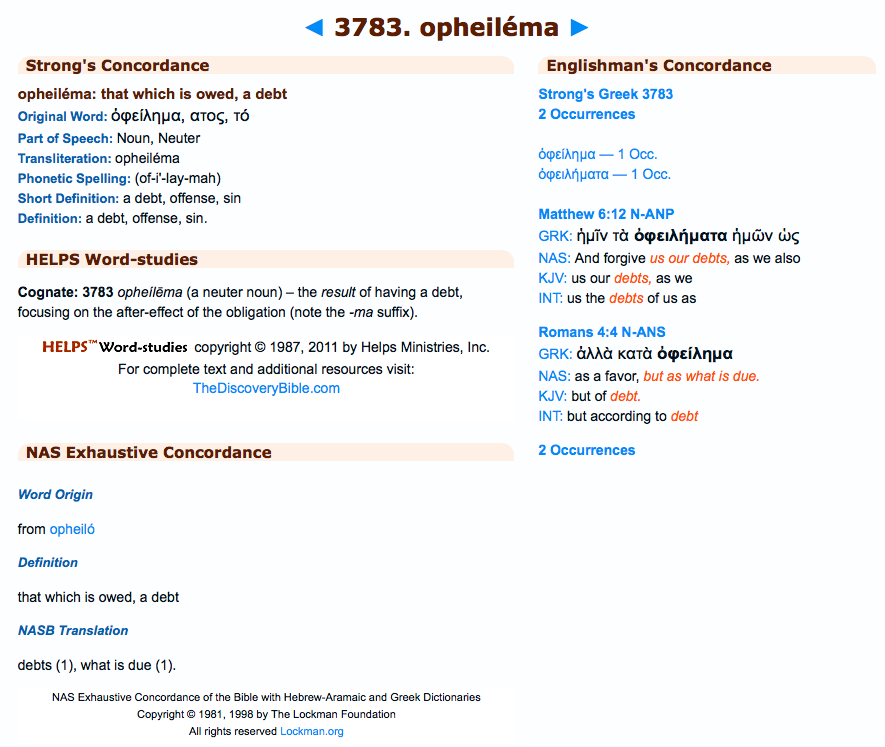|
It's embarrassing. I have no idea what I'm supposed to be asking for forgiveness for! I've been in and around the Church my whole life. I've read my way through the Bible in various orders down the years, and I've prayed "The Lord's Prayer" alongside a whole host of traditions in in multiple countries. Aside from the time I was leading worship in a less traditionally liturgical setting and decided to include it, only to seemingly forget three lines in(! - The answer? Stepping back from the microphone and letting everyone else continue as you reflect on the words... Smooth!..), generally I come a cropper in two places - the end, and in asking for forgiveness. I'm not so fussed about the end, inasmuch as I'm happy for "now and forever" while everyone else is chiming "Forever and ever". I've been convicted that we can often spend so long asking and declaring that God will be so many things, particularly in our prays, that we forget that He already is and in fact always has been. (But maybe that's a thought to develop another day...) It's slightly more embarrassing when you're saying it in the Catholic church and you forget to stop at the deliverance from evil and continue to proclaim "The Kingdom, the Power, and the Glory", but even then I'm able to brush off the embarrassment. My biggest stumbling block is the choice of words in the middle relating to forgiveness. Now I know it doesn't really matter in the grand scheme of things, as long as the heart is being put right and I am seeking the grace offered by God, but it really should matter. (Particularly as I'm in training to be a Methodist Local Preacher, and I'm supposed to be including it in my trial service this Sunday!) There's a tale I heard once that suggested that the word changed depending on where you went in Great Britain. You see for the English "sins" were the important things, because everyone else was wronging them. For the Welsh the problem was that they needed to learn to forgive the "trespassing" English. As for the Scots, money was always the most important thing, and therefore it was "debts" that came into play in the prayer that Jesus taught. You see, I was taught to have my trespasses forgiven. Nowadays the idea of trespassing always calls to mind this sign: I don't have any personal land that people can trespass onto, so it's not really something that works both ways. Do I fully understand the extent to which I have violated the heart of God because I don't know what it is to have someone "trespass" against me? Not really, if that's my only definition of the word. (I'm not going to bother going into more definitions though, because this was only supposed to be a three line blog!) I spent 10 years in Scotland having to seek forgiveness for my debts. Now debts I can understand, after all I was a student and have a hefty loan to prove it. The sort of numbers involved would probably cover the cost of all the hot meals I've ever eaten! But that doesn't really count. You see, there's no hope of me ever paying it back in full, and they don't really expect me to. I don't really make a dent in the interest! It's a Mickey Mouse loan really, and it'll get wiped off one day and no-one will have lost out. I know that debts get more serious, and how real they are for so many people, be that monetary debts or that feeling of owing more, but again, I'm not sure that works for me because it's not where I'm at. I have been exposed to the idea of constant giving of yourself, of all things, and not to expect in return. And now I think I'm supposed to be asking for my sins to be forgiven. Now we're talking. Proper Christian talk, and we all know about sin don't we... But what even does sin mean these days? Isn't it all subjective anyway? I mean, I'm no murderer so I'm fine. Do people really sin against me? They wind me up, but I haven't had anything stolen from me recently, and nobody is coveting my ass (that I'm aware of). I'm not perfect, but "sin" is such a blasé term that I can roll it off the tongue without thinking about it. I'm not sure it's really that helpful. Let's jump to the text shall we? Here's what BibleHub has to tell me about the original Greek: Well that certainly clears it up right?!
I guess my real point is this: What do you need forgiven? Which word makes it most important that you personally confess and seek forgiveness? Maybe you're in a place where "debts" carry a bigger threat and burden than the idea of "trespassing." Wright's "New Testament for Everyone" puts it this way: "and forgive us the things we owe, as we too have forgiven what is owed to us." And the Weymouth New Testament says: " and forgive us our shortcomings, as we have also forgiven those who have failed in their duty towards us." Maybe that's where we need to start. Maybe in order to get the best perspective of what we need forgiven we need to find that place where we have been most let down. Maybe we start by forgiving that and realising how much greater we have committed that same offence against God. Maybe I need to pray whichever word is most difficult at the time. Because if it's difficult to confess, it must really need confessing... |
MARCRemarcable is one man blogging about Youth Work, Theology, Family, Life and those other random things that come to mind. Archives
February 2023
Categories
All
|


 RSS Feed
RSS Feed